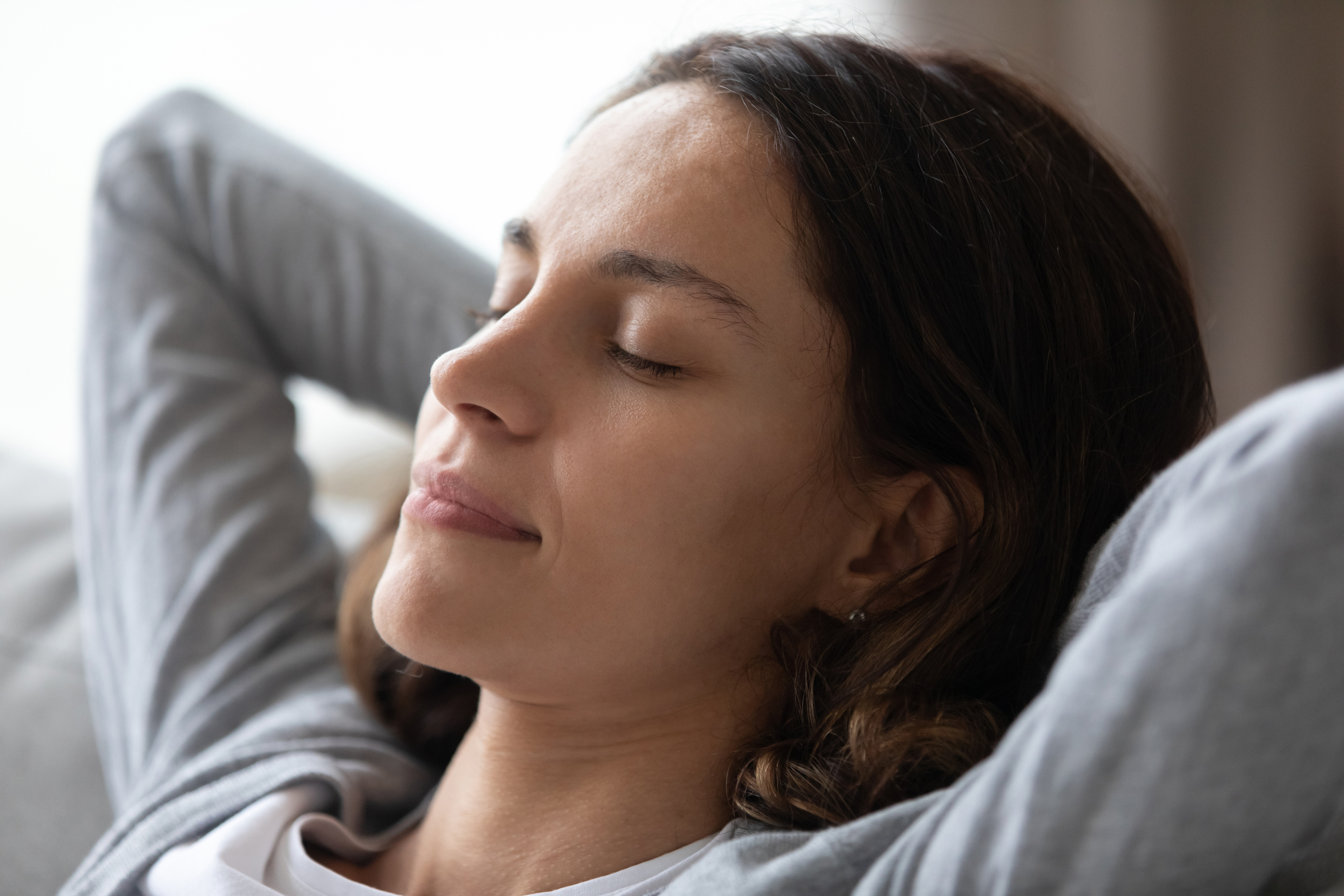Soothing Slumbers: Five Powerful Secrets to Mastering an Uninterrupted Night's Rest
The delicate art of acquiring a peaceful night's sleep begins with setting a consistent sleep schedule. According to a study conducted by researchers at Brigham and Women's Hospital in Boston, setting and maintaining a regular sleep-wake schedule had a profound improvement in sleep quality, alertness, and mood. Embrace the circadian rhythm—your internal biological clock that regulates sleep-wake cycles. Aim to wake up and doze off at around the same time daily, even on weekends. Your body clock will eventually sync itself to this pattern, leading to better sleep quality and increased energy during the day.
Foster a Sleep-Friendly Environment

Your sleeping environment plays a pivotal role in how well you sleep. The National Sleep Foundation suggests creating a peaceful atmosphere. This includes adjusting your bedroom's light, noise, and temperature levels. Maintain a dark, cool, and quiet room to stimulate sound sleep. Several studies posit that exposure to light before sleep may interfere with your body clock, leading to poor sleep quality. Invest in blackout curtains or an eye mask if necessary. To mitigate noise, consider using earplugs, a fan, or a white noise machine.
Master the Art of Mindful Relaxation

Research shows that your emotional state can significantly impact your ability to fall asleep and stay asleep. Anxiety, stress, and depression are notorious sleep thieves. But don't despair - mind-body practices like mindfulness meditation, yoga, and deep-breathing exercises are powerful tools to promote restful sleep. A study by the Journal of Applied Psychophysiology and Biofeedback found that mindful relaxation techniques could reduce sleep disturbances and improve sleep quality. Indulge in a soothing pre-bedtime routine that aids in stress release and pushes your body towards sleep mode.
Understand the Influence of Diet on Sleep

We’ve all heard the advice to avoid caffeine and alcohol before bed. But according to certain sleep experts, even certain foods can disrupt your sleep. A study published in the Journal of Clinical Sleep Medicine found that diet quality influences sleep quality. Foods dense in tryptophan, magnesium, and melatonin, like almonds, cherries, and kiwi, can promote sleep. Conversely, spicy or fatty foods nearing bedtime may lead to uncomfortable digestion issues, causing numerous sleep interruptions. Balance is crucial, as both overeating and under-eating can create sleep disturbances.
The Power of Regular Physical Activity

Engaging in regular physical activity can help you achieve a blissful night's sleep. The National Sleep Foundation maintains that even light exercise, such as a ten-minute walk, can dramatically improve sleep quality. Physical activity helps regulate your sleep-wake cycle, reduce stress, and increase the duration of deep, restorative sleep. Be mindful, however, of your workout schedule. Exercising too close to bed can produce adrenaline, keeping you awake. Aim to complete active workouts at least two hours before planned sleep.
The Impact of Electronic Devices on Sleep

Our modern world is brimming with electronic devices that oftentimes make their way into our bedrooms. As per a study published in the journal PLoS One, exposure to blue-light from screens before bed can suppress melatonin production, thereby disrupting your sleep cycle. To ensure an uninterrupted night's slumber, it’s advisable to cease usage of all electronic devices - laptops, tablets, phones, televisions, etc., at least an hour before sleep. If this seems impossible, consider investing in blue-light filtering glasses or installing apps that progressively tint your screen to reduce blue-light exposure.